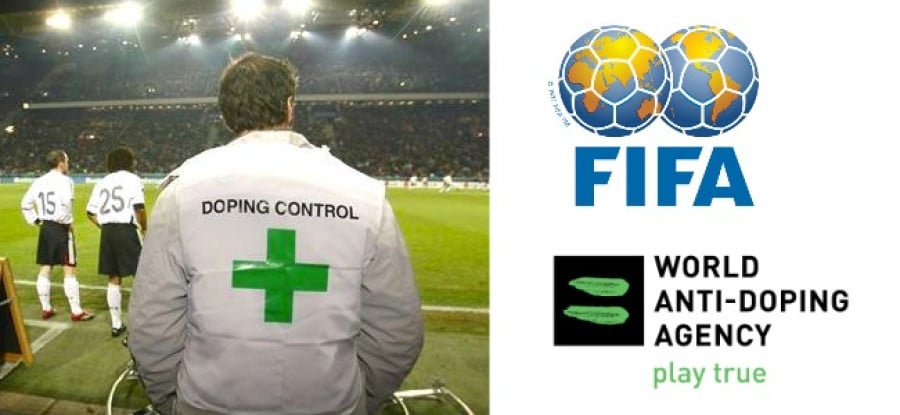FIFA’s fight against doping: WADA Code Compliance and an analysis of testing statistics

FIFA was one of the last Olympic federations to adopt the World Anti-Doping Code (the “Code”) when it signed a declaration in support of the Code prior to the Athens Olympics in 2004.1
FIFA’s refusal to follow WADA in strictly imposing a two-year ban for serious doping violations, instead continuing their practice of determining sanctions on a case-by-case basis, led WADA to accuse FIFA of noncompliance with the Code in 2005.2 In 2006, in accordance with an advisory opinion issued by the Court of Arbitration for Sport, FIFA amended its regulations to conform to the Code, imposing a minimum two-year ban from competition for first-time doping offences.3 FIFA also signed the revised version of the Code in 2009.4
FIFA’s regulations require compliance with anti-doping from all member associations internationally, and it carries out its own drug-testing in international completion.5 Additionally, FIFA, like WADA, has the ability to “police” decisions taken at a domestic level, meaning that if an association or federation applies too light a sanction, FIFA may appeal the decision to CAS. FIFA also has the power to take any ban given at the domestic level and widen it to have worldwide effect, so that a player may not look to compete abroad to avoid a ban.6
To continue reading or watching login or register here
Already a member? Sign in
Get access to all of the expert analysis and commentary at LawInSport including articles, webinars, conference videos and podcast transcripts. Find out more here.
- Tags: 2014 FIFA World Cup Brazil | Anti-Doping | Court of Arbitration for Sport (CAS) | FIFA | Football | Governance | Olympic | Regulation | World Anti-Doping Agency (WADA) | World Anti-Doping Code (WADC)
Related Articles
- How Science and Investigations combined can protect the rights of the clean athlete
- A player friendly approach to anti-doping violations - the “Kolasa” case
- WADA claims links between doping and match-fixing; Singapore extends detention of match-fixing accused
- WADA signs a global collaboration agreement with Pfizer Inc.
Written by
Katy Freeman
Katy Freeman is a second-year law student, attending USC Gould School of Law. She is a former USA Swimming National Team member and NCAA All-American for UC Santa Barbara. She is particularly interested in the study of sports law and plans to practice in the field after graduating.


